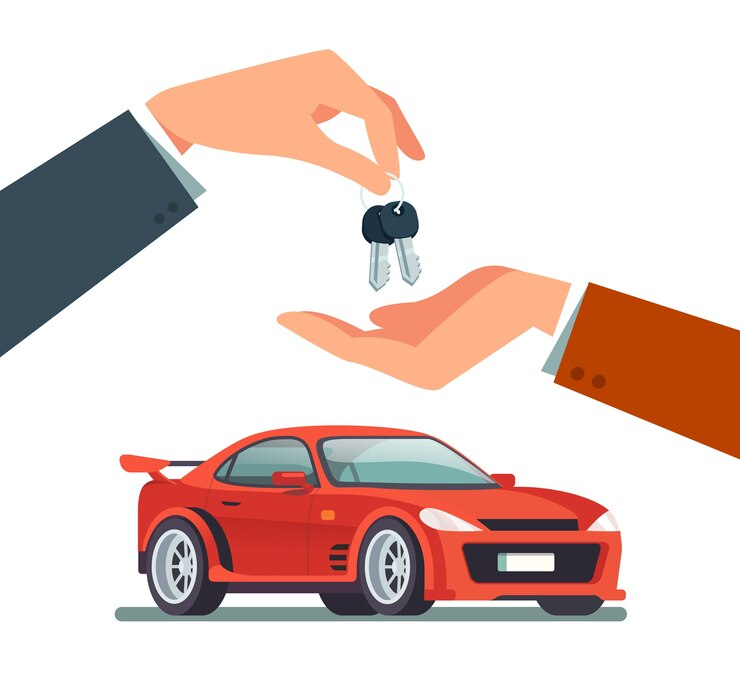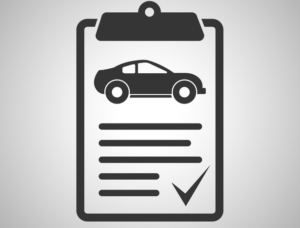People invent new ways to mislead and corrupt as the world evolves. With the rise in fraud incidents, we need to keep our skills up to date to avoid being conned. For example, when purchasing a used automobile, there is a significant risk of being misled and cheated. Unfortunately, an average person’s task of identifying these nasty techniques is nearly impossible.
The car buyer expects the vehicle to meet all of the criteria that have been given to them. Therefore, before buying a used vehicle, learn as much as you can about its history. Checking the VIN (Vehicle Identification Number) is an excellent way to start. The VIN may provide various information about a vehicle, tracking its history since its inception.
This post will discuss how we can get a vehicle history report and other essential questions.
Why is it necessary to obtain a car history report?
Case 1:
If you’re planning to buy a secondhand automobile, the previous owner may have stated that it’s in good condition.
But how do you know whether driving is genuinely risk-free?
Obtaining a vehicle registration history report will help you eliminate the majority of the uncertainties while saving you significant money.
Case 2:
If you purchase a used vehicle, you may be purchasing a car from a junkyard, a stolen vehicle, or a risky vehicle to drive. The vehicle history is intended to safeguard customers against the resale of fraudulent, dangerous, or stolen automobiles.
As required by law
Before selling any used vehicle in California, new and used automobile and truck dealers will be required to verify an NMVTIS report. NMVTIS vehicle history report includes the most recent DMV title information from participating nations and the industry’s most comprehensive salvage auction, junkyard, and insurance company supplied total loss data.
What data can I get in a vehicle history report?
A vehicle history report can provide basic information about a vehicle’s past. It has the following features:
- Previous owners and how they treated the vehicle
- History of the accident and the damage
- Service history and recall data
- Title information and liens on the vehicle
- odometer readings
What is the best way to acquire a car history report?
You’ll generally need the vehicle identification number, or VIN, to obtain a car history record. This 17-digit number may be located on the bottom left side of your windshield, as well as on the registration card and insurance documentation for your vehicle.
When you have the VIN, you can receive a car history record from various websites. The cost of the report is usually between $10 and $40.
Free VIN Checks
There are a few online sites that offer the most information for free, including recalls, original specs, warranty information, safety ratings, and more. These sites also have details on the vehicle’s essential safety features, as well as fuel efficiency statistics, user reviews, and connections to similar vehicles for sale in your region. In addition, you get information such as where the automobile is for sale, as well as its list price, selling price, and the status of its parts and components.
You may also use the free VIN Check database of “National Insurance Crime Bureau” to discover if an automobile has been registered stolen or is a damaged vehicle. In addition, you may be able to acquire a vehicle history record for free if you buy a used automobile from a dealership or via an online marketplace.
1 Stop Auto Registration and DMV services Hayward, Oakland and Fremont
DMV Registration renewals Get your DMV sticker Today
DMV Title transfer, Change the name on the title
Change your out of state plates to California License plates
Get your Vin Verification without going to the DMV
Fleet Registration, DOT numbers, CA and motor carrier permit
Paid VIN Checks
As far as paid VIN check reports are concerned, you can get that online as well, and the prices for such reports might vary from one company to the other. These reports include thorough reports on the car, including a description and overall assessment, in addition to the basic information provided by free sites. Both also provide any history of recalls, thefts, or crashes, as well as any history of thefts, recalls, or crashes.
You may also find out where it was sold first and the previous state where owners registered it. In addition, these records may go into great detail about any hail damage, if the vehicle was leased or has been used by the government or police, and whether the odometer has been rolled back.
Some facts:
- There are a few online reports available that provide some restricted information for free and more for a fee. For example, their free report contains the vehicle’s year, model, make, and age, as well as the country of origin and whether or not it is in a recall database. However, it will not provide recall information until the complete report is purchased. Certain reports provide a free environmental score and insurance and finance options connections.
- If you need more detailed reports, they are accessible too. A single paid report will cost you around $39.99, and five reports cost $59.99. For instance, you can get a set of six for $99.99 for serious buyers.
- A user can also get essential information for free, such as a vehicle’s manufacturer, model, and country of manufacture. Paid reports include information concerning flood, theft, or event damage, as well as a numerical score for that individual car, allowing you to compare it to others from the same model year.
So, we can see that different websites are offering paid as well as free reports at different prices. A few offer more in-depth analysis for some extra charges, and others offer general details completely free of cost. As a result, it’s up to the user what they prefer to get.
Wrapping Up
It’s normal to suspect that a used car salesperson is attempting to take advantage of you, mainly if this is your first time purchasing a vehicle. However, a vehicle’s history might help you decide if it’s worth buying. If you find out it has a shady history, you might want to search elsewhere.
The history of automobiles influences your purchase choice and your car insurance premiums. Insurers, for example, look for red flags (such as a salvage title) that might make the automobile more dangerous to insure.
Location 1
22576 Mission Blvd,
Hayward, CA 94541
Phone: 5105387233
Location 2
17860 Hesperian Blvd,
San Lorenzo, CA 94580
Phone: 5102580767


